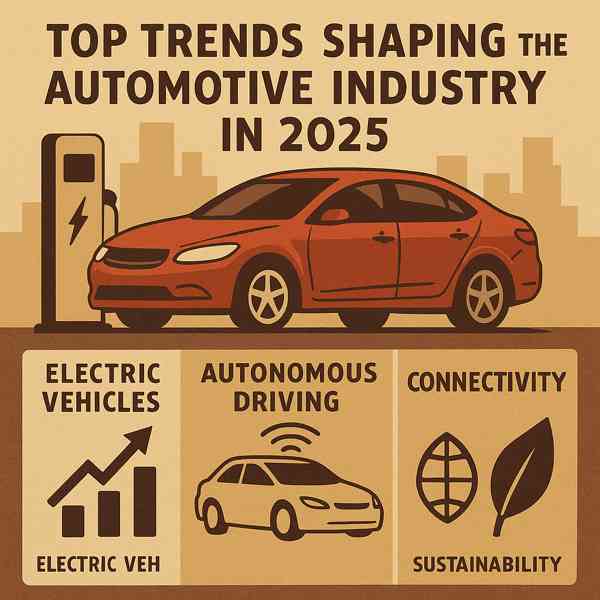Electric Vehicles: The Future of Transportation
Electric Vehicles: The Future of Transportation
Blog Article

With zero emissions and cutting-edge technology, EVs are quickly becoming a mainstream choice for personal and commercial travel.
From compact cars and SUVs to trucks and motorcycles, EVs are available in more models than ever.
The Basics of Electric Vehicles
Unlike gasoline-powered cars, EVs produce cleaner transportation outcomes.
What powers EVs:
- Replaces the internal combustion engine
- Stores the electrical energy
- Manages energy flow from battery to motor
- Allows the vehicle to recharge from external sources
Electric vehicles come in various types, such as plug-in hybrids (PHEVs)—each with different levels of electrification.
Benefits of Electric Vehicles
The rise of electric vehicles is fueled by their clear advantages.
Why EVs are gaining popularity:
- Lower operating costs
- Environmental sustainability
- Quiet and smooth ride
- Rebates and subsidies in many regions
For eco-conscious and cost-aware drivers, electric vehicles are an increasingly forward-thinking choice.
Limitations to Consider
Despite the growing popularity of EVs, they still face some challenges that buyers should consider.
EV challenges to consider:
- May require more frequent charging
- Charging infrastructure gaps
- Though often offset by long-term savings
- Battery lifespan and replacement
As technology advances and infrastructure improves, many of these challenges are read more becoming easier to manage.
Exploring EV Variants
Choosing the right type depends on your lifestyle, commute, and charging access.
Main types of EVs include:
- Fully electric with no gas engine
- Electric motor with backup gasoline engine
- Hybrid Electric Vehicles (HEVs)
- Emit only water vapor
Each type has its pros and cons, so buyers should understand the differences.
EV Charging and Infrastructure
There are multiple charging levels and methods depending on your location.
Types of EV charging stations:
- Slow but accessible anywhere
- Level 2 Charging
- Can charge 80% in under an hour
- Wireless or inductive charging (emerging tech)
As public charging networks expand, EV owners will enjoy even more support and reliability.
The Future of Electric Vehicles
Electric vehicles are here to stay.
Trends shaping the future include:
- Higher energy density and faster charging
- Turning cars into energy assets
- Autonomous electric vehicles
- More choices at lower prices
As innovation continues, EVs will become more dominant in the automotive world.
The Road Ahead for EVs
Electric vehicles represent a major shift in how we think about mobility.
From environmental benefits to cutting-edge tech, electric vehicles offer a sustainable alternative to traditional cars.
Report this page